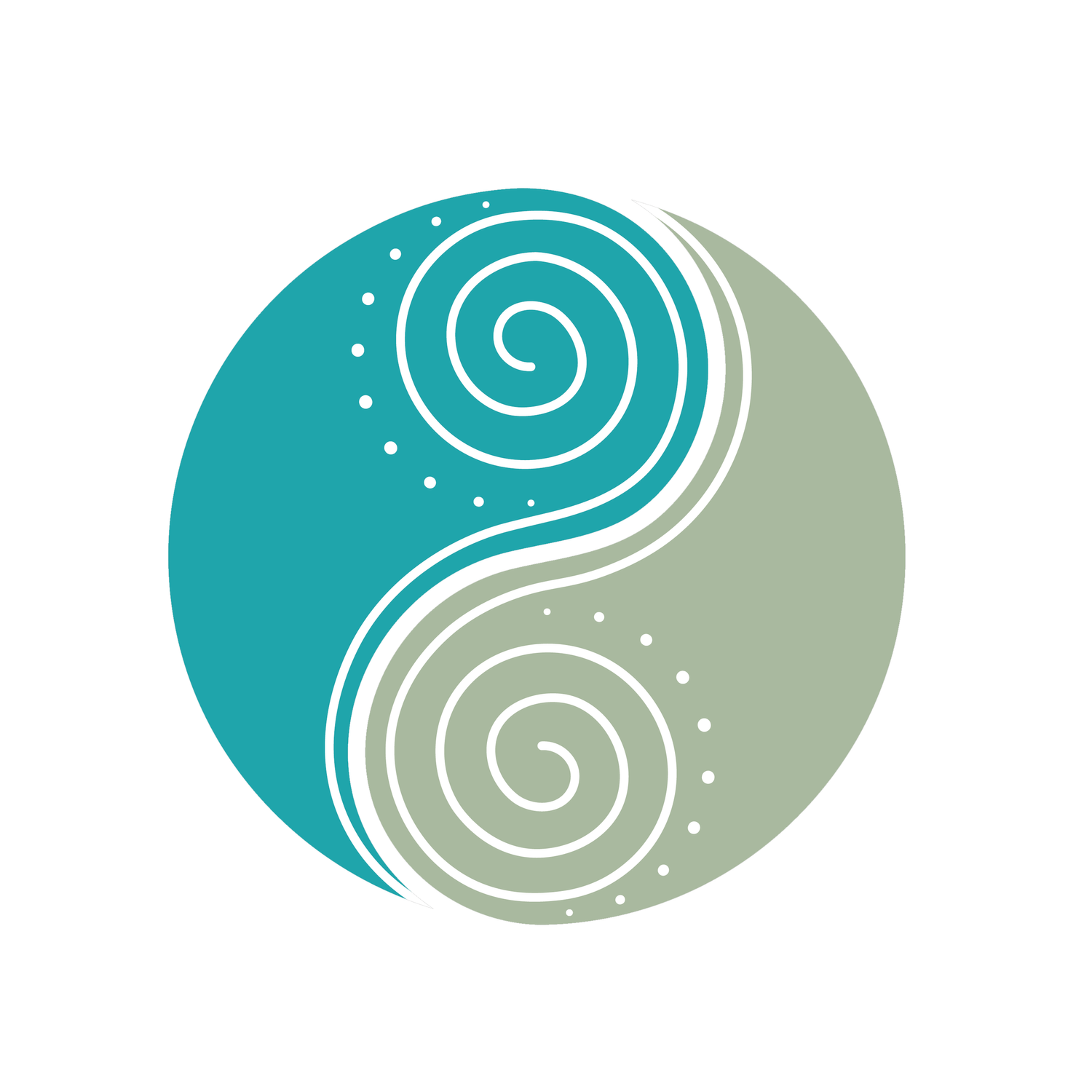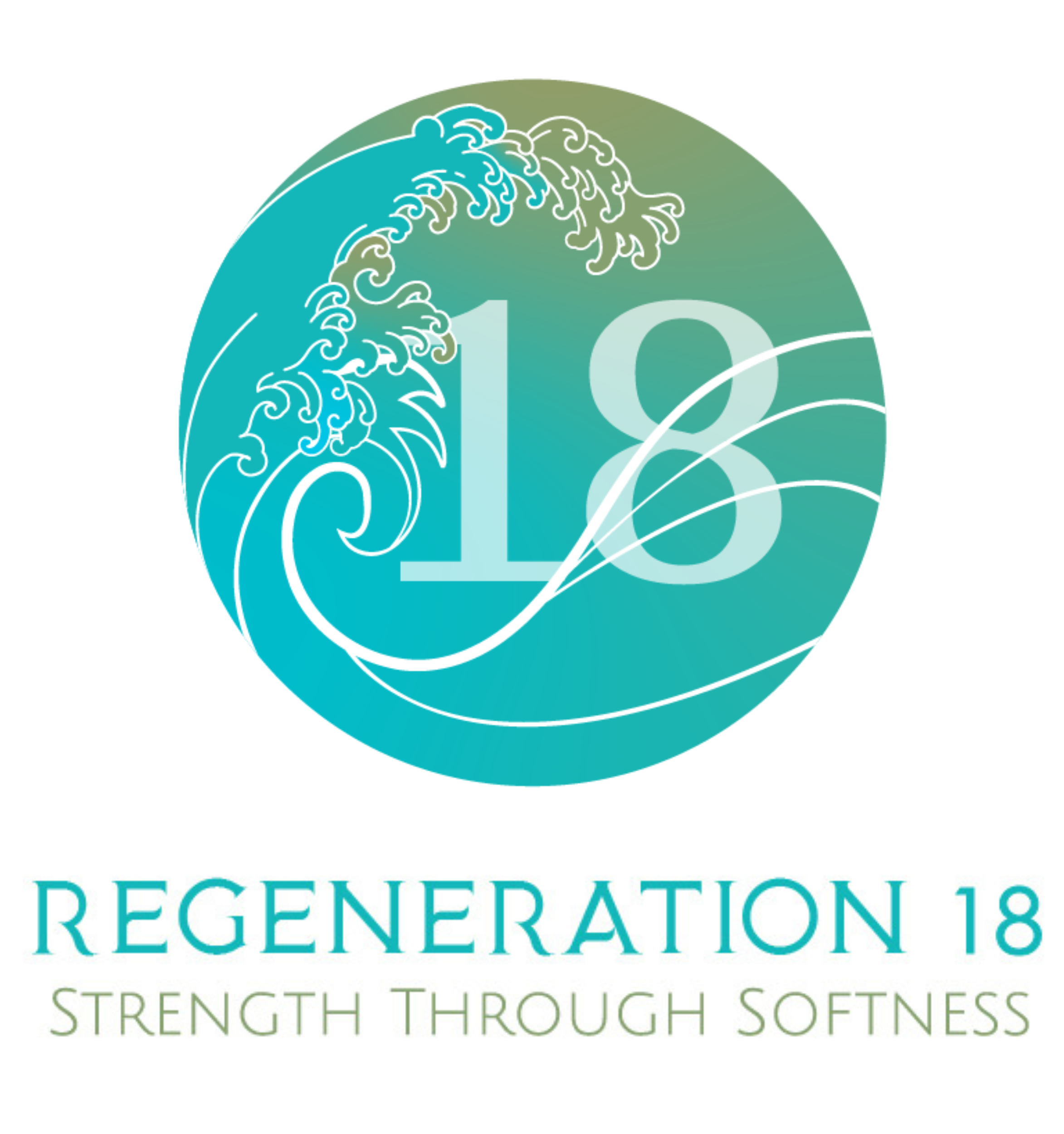
Holistic Health is NOT One-Size-Fits-All
What is the difference between Tai Chi and Qigong, and which program is right for you?
Qigong means, “Energy work,” comprised of movement, breath and sound which directly targets organs, meridians and other internal systems, returning them to a state of balance. Tai Chi is a type of Qigong that also has self-defense applications, but is most commonly practiced for its health benefits.
Of the two, qigong is generally easier, while Tai Chi is a bit more dynamic and challenging.
If you have more serious health conditions that you are navigating, I recommend Qigong to start.
If your faculties are in reasonable order and you are looking for a low-impact, but playful holistic movement practice for mind+body+spirit, you may consider Tai Chi.
Join our ZOOM Tai Chi + Qigong drop-in class on the first Sunday of each month at 10am PT
It's a supportive, global community of all skill levels. The classes are easy to follow, calming and uplifting with lifetime access to the replays. The next class is Sunday, March 9th @10am PT.
Group Coaching Programs
3 times per year I will host virtual group coaching programs on ZOOM. Each spring will be a 4-week Qigong program. Each summer, a 4-week introduction to Tai Chi and Qigong called, 30 Days of Qi. Each autumn will be an 8-week Tai Chi program called, Tai Chi Lifestyle. People on the waitlist will get first access and a discount.
Learn and practice the simple and powerful sounds, movements and visualizations to release heavy emotions trapped in the body.
Introduce your mind + body to the internal arts of Tai Chi and Qigong to improve coordination and relieve stress.
Learn, implement and maintain your own exercise routine that clears the mind, strengthens the body, balances emotions and gives you more energy.
Self-Paced Tai Chi Courses
Regeneration 18 is more of a Tai Chi Qigong hybrid and the perfect place to start on either path! Play Tai Chi is a playful way to begin learning Tai Chi without frustration. 8 Forms is for those who want to learn an official standardized Tai Chi routine; the same one I teach live in Tai Chi Lifestyle.
A Tai Chi Qigong hybrid recommended for people managing health challenges. 18 easy and gentle movements with deep breathing that benefits the organs and joints, while calming the mind and emotions.
10 playful 10-minute flows that harmonize the mind + body. Learn the basics of traditional Yang style Tai Chi in a less instructional, game-like experience to improve full body awareness, coordination, strength and vitality.
Learn the smallest, standardized Yang style form through instructional and follow-along videos from multiple angles.
Self-Paced Qigong Courses Courses
Each season targets a different organ and emotion, but can be practiced any time of year. For spring, think of the liver and anger/frustration. For winter, think of the kidneys and fear/trauma. The 8 Brocades targets the heart, lungs, liver, spleen and kidneys. The 1$ Warm-Up is for when you only have the energy to do something very minimal due to pain or depression.
Learn a simple 4-movement set that stretches and massage the liver to detox and release anger and stress. Bonus content includes additional movements and a guided meditation to cultivate patience and self-compassion.
Another 4-movement set to compress and massage the kidneys stimulating a release of fear, trauma and insecurity. Bonus content includes additional movements, guided meditations and acupressure points.
A workshop turned mini-course on the most widely practiced qigong routine called, the 8 Brocades. This 2000 year old medical qigong is a multi-faceted holistic health gem. It includes a 12 minute and 6 minute version.
Over 4000 people have gone through this workshop as a gentle way to ease your body + mind into the day by using some of the most popular Tai Chi and Qigong warm-up routines and principles. A great starting point for people with chronic pain, anxiety or depression.
Summer, Late-Summer and Fall Qigong are all filming this year. Summer relates to the heart to purge hatred and impatience. Late-Summer for the spleen and spine purges anxiety. Fall relates to the lungs to purge sadness and depression.
Use sound, meditation and movement to purge a full spectrum of emotions from the body. This will be a self-paced version of the group coaching program with additional bonuses.
In-Person and Virtual Events
Tai Chi and Qigong presentations create a very unique and engaging experience because many people have heard about these arts but don’t really know what they are. Drawing from movement, breathwork, meditation, philosophy and massage, I enjoy creating unique events to provide practical and holistic tools that can change the way people relate to their lives forever. We will work together to treat your audience to some instant and sustainable inner peace.
Frequently Asked Questions
-
I’ve done it in the past. It’s something that I’m considering doing again on a case by case basis, as my time is currently limited. If you are interested in that, then email me from my contact page and let me know your specific interests and needs. We’ll take it from there.
-
Yes. Re-watching the videos is crucial to understanding until you hopefully no longer need them.
-
I am in Los Angeles and I no longer teach group classes locally. But I’m starting to get involved in live events. Join my newsletter so you don’t miss any opportunities to connect.
-
Yes. Most of the movements can be modified to just the upper body if you cannot stand. Always consult the advice of your doctor regarding ANY serious health issues before practicing Tai Chi or Qigong.
-
Practicing on an empty stomach is fine. After practice, wait at least 30 minutes for your Qi to settle before eating. This way the Qi that you just moved and enhanced can begin to settle and store, rather than being used for digestion. After a meal, wait preferably 2 hours for digestion before practicing.
-
Whenever your schedule permits. However, early morning before the start of your day is ideal. But you can also practice in the evenings at least 1 hour before bed.
-
Barefoot practice is not necessarily the norm in these arts, like it is in yoga. Wearing comfortable, flat shoes gives you good foot support for some of the more complex stepping movements involved in Tai Chi. In general, having your feet on cold surfaces is regarded as an invitation for sickness to enter the body. However, you can practice barefoot on a warm surface or the ground, if you prefer to get the wonderful benefits associated with earthing. This is especially good for simple, less dynamic qigong forms such as the seasonal qigong sets.













